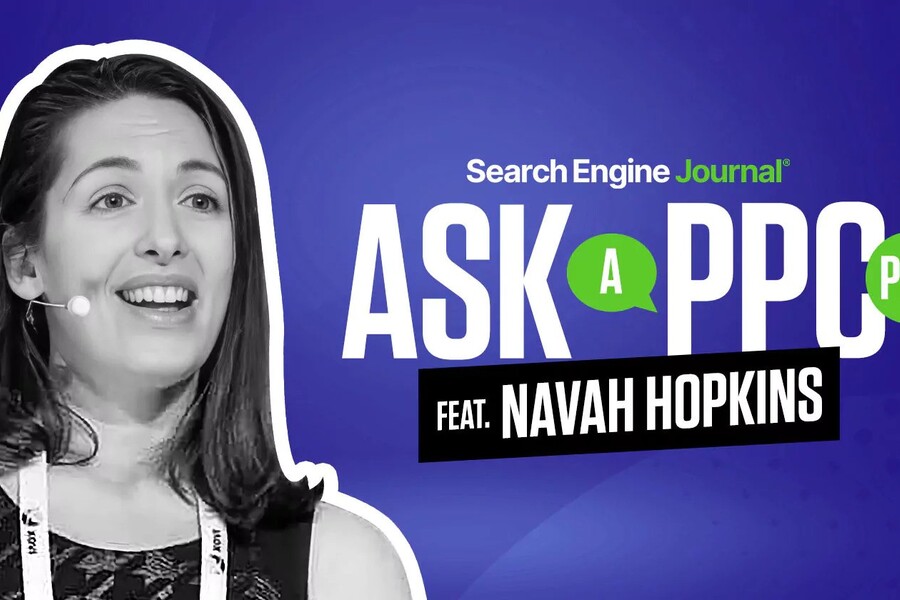PPC Audits: Why Regular Reviews Are Vital for Campaign Success & How to Do Them Right

In the world of paid advertising, a campaign is only as strong as its foundation, and that foundation relies heavily on consistent and insightful audits. A recent analysis from Ask A PPC dives into the value of regular PPC audits and the essential role they play in both maintaining and scaling campaign success across platforms like Google Ads and Meta.
The core value of a PPC audit lies in visibility. Many advertisers have at one point been surprised by their monthly ad spend or puzzled over declining performance. Audits offer the clarity needed to answer these questions and correct course. But beyond monitoring performance, a well-done audit can uncover missed opportunities, expose outdated strategies, and prioritize which campaigns truly deserve the budget.
Audits can reveal whether new ads and targeting experiments are being unfairly buried under high-performing legacy campaigns. Many platforms tend to favor entities with historical data, making it difficult for new ideas to compete. Identifying this imbalance allows marketers to isolate and protect budgets for tests, ensuring innovation isn’t stifled by algorithmic bias.
The audit process also helps marketers measure how much of their time is spent on passive management tasks, like pausing ads or adjusting bids, versus strategic activities like testing new creatives or refining audiences. When too much time is spent on operations, accounts risk falling into stagnation. A clear view of change logs and recent optimizations can help rebalance this approach.
Another crucial benefit of auditing is its ability to challenge strategic bias. Marketers often cling to campaigns or ad groups that once performed well, even as data suggests their effectiveness is fading. Reviewing recent performance trends side-by-side with historical benchmarks helps teams separate current winners from campaigns coasting on past success.
To execute a valuable audit, marketers must commit to scheduling it. Quarterly reviews—about one to two hours per account—can be the difference between a proactive strategy and one that’s constantly playing catch-up. Treating audits with the same priority as a high-level meeting ensures they happen and aren’t skipped due to day-to-day busyness.
Effective auditing also requires more than simply checking surface-level KPIs. A low CPA might look great on paper, but if conversions are inflated by micro-events or tracking is misaligned, the results can be misleading. Comparing platform-reported CPAs with CRM-based conversion data is key to uncovering this disconnect and making more informed decisions.
Auditing and creative also play a critical role—not only for performance but for compliance. Especially in regulated industries, ad copy must meet platform policies. Even minor missteps can lead to account disruptions. Reviewing creative against updated guidelines and involving legal teams when needed can prevent costly mistakes.
Ultimately, PPC audits should be seen not as routine maintenance but as opportunities for strategic resets. They allow teams to challenge assumptions, validate direction, and uncover overlooked insights. In doing so, audits help marketers avoid complacency and reintroduce momentum into their paid media programs.
As digital advertising becomes more competitive and platform algorithms evolve, staying ahead means doing more than just launching ads and adjusting bids. It means auditing regularly, auditing intentionally, and using those insights to build campaigns that don’t just perform, but grow.
